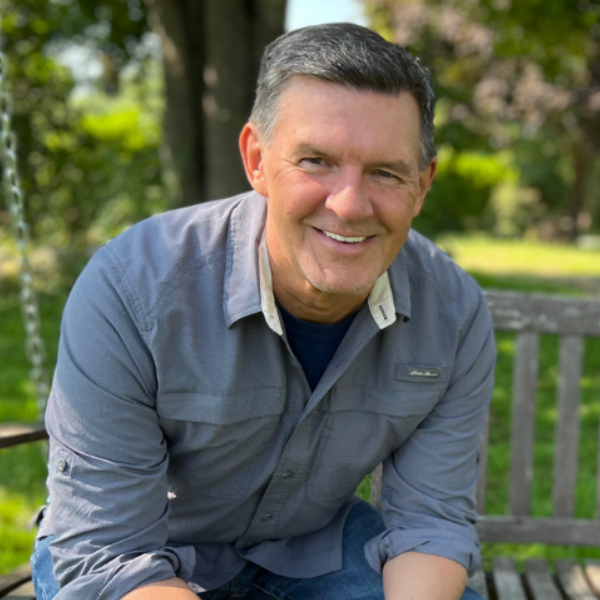
Bob Olson Connect: Afterlife Investigator
Like a masterclass in the afterlife & metaphysics! Private eye has investigated life after death for 28 years. Author of "Answers About the Afterlife" & host of Afterlife TV. THIS NEWSLETTER HAS MOVED TO AfterlifeAcademy.com
This Substack is private
Subscribe to see all their posts.